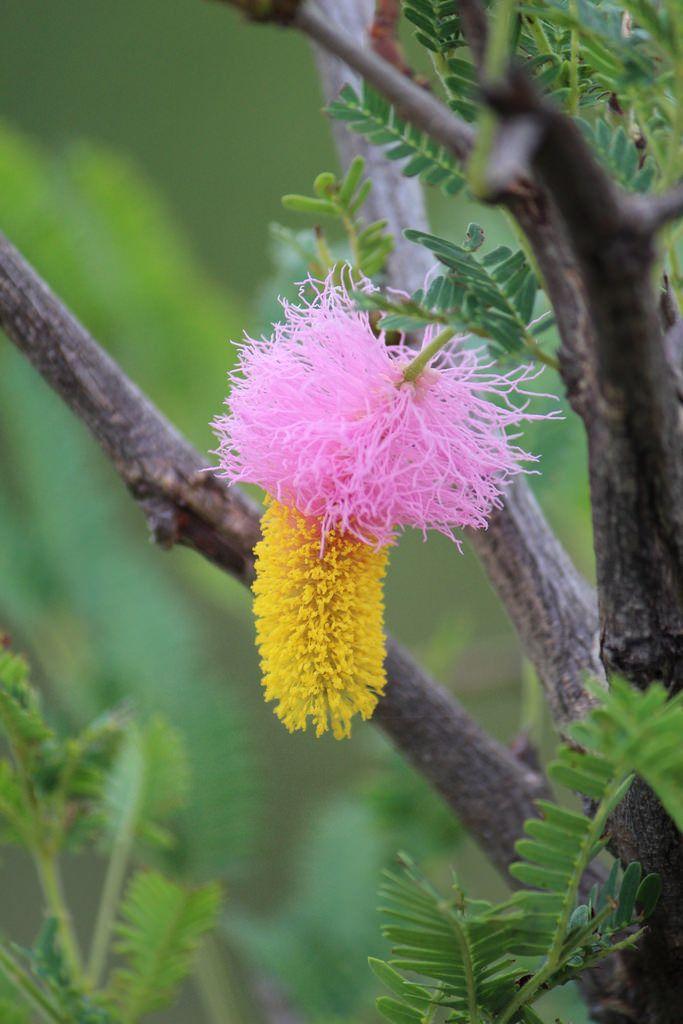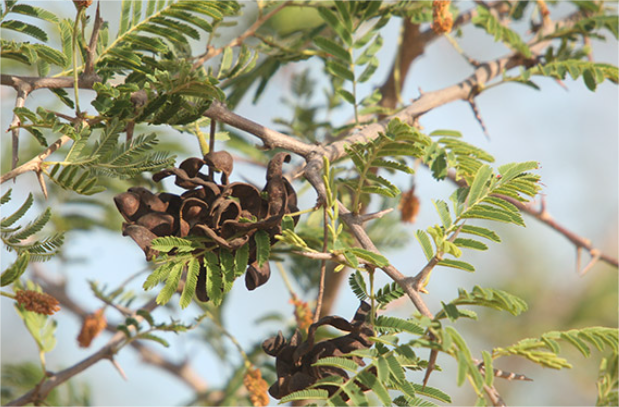Sickle Bush Plant
| Sickle Bush (Dichrostachys cinerea) grows up to 10 ft, thrives in well-drained soil, full sun, low moisture, and is not edible but has medicinal uses. |

Habit
Shrub
Height
1-5 m
Growth
Moderate
Soil
Well-drained loamy
Shade
Full
Moisture
Low
Edible
No
Medicinal
No
Origin
Africa, Asia
Climatic Condition
Tropical, Subtropical
Temperature (°)
20-35°C
Humidity (%)
50-80%
Potting media
Loam, peat
Fertilizers
Organic, nitrogen-fixing
Watering
Moderate
Plant Weight
5-15 kg
Flowering Time
Spring, Summer
Soil Ph level
5.5 - 7.5
Water Ph level
5.5 - 7.5
Soil EC
1-2 dS/m
Yield Per Plant
Forage, green manure
NPK ratio
10:20:10
life Span
Perennial
Health Benefits
Nitrogen fixer, erosion control
Suggested Grow Media or Potting Mix ?
|
Suggested Fertigation/Fertilizers
|
Common Diseases and Remedies
Leaf Spot, Powdery Mildew, Rust, Aphid Infestation, Root Rot
Brown or black lesions on leaves, White powdery growth on leaves, Reddish or orange pustules on leaves, Distorted leaves and sticky residue, Wilting and stunted growth
Neem oil, compost tea, improve air circulation, sulfur spray, insecticidal soap, Improve soil drainage.
Copper-based fungicides, Sulfur-based fungicides, Fungicides with propiconazole, Chemical insecticides, Soil-applied fungicides
HEALTH BENEFITS
· Leaves and bark used in traditional medicine for digestive and respiratory issues.
· Has antimicrobial and anti-inflammatory properties.
Roots have been used for treating skin infections and wounds.

